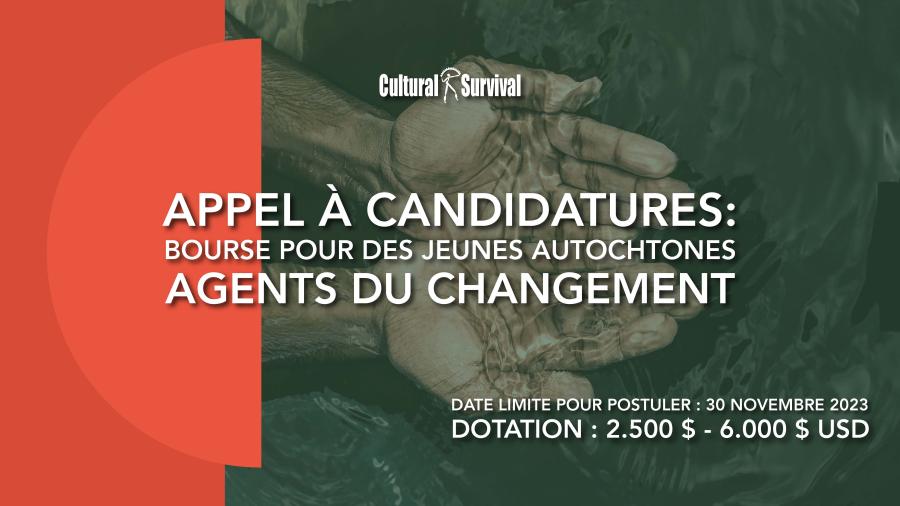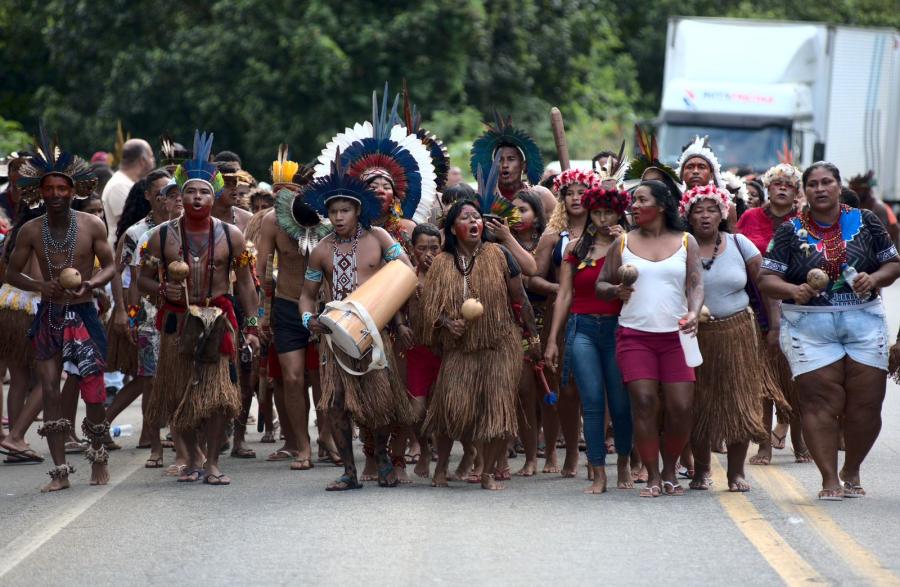Recently we have altered the format, length, and approach of the Newsletter. We would welcome any comments our readers might offer concerning these changes.
The newsletter has been expanded, and although the length is not fixed, we expect it to remain more or less this size. Each issue of the Newsletter will focus on general as well as specific issues. The general issues are our attempt to identify processes that are affecting the lives of indigenous peoples or ethnic minorities throughout the world. The last three issues have discussed refugees, pesticides, and drugs. The next issue will discuss the effect of industrial waste and mineral extraction on these groups. The following issue will focus on deforestation. We invite our readers to contribute ideas or articles to these issues or to suggest topics for future issues. Up to date sources from around the world are difficult to obtain.
In addition to these general features, we will continue to devote most of the space in the Newsletter to the discussion of the situation of specific groups. These articles, however, are not intended merely to convey accurately the facts to our readers; it is our hope that the analyses of these situations will be useful to other indigenous groups facing similar problems. Again, we welcome timely, thoughtful pieces on the current situations of indigenous peoples throughout the world.
Some people have expressed concern that Cultural Survival increasingly appears to focus on issues and people that fall outside our states "scope." This raises a very basic issue which we at Cultural Survival often must confront. How do tribal people and ethnic minorities differ from peasants or the rural poor?
In order to open discussion on this topic, I will offer a few brief comments. Some recently contacted indigenous peoples are becoming incorporated into larger economic, social, and political systems. In these contact situations they learn new ways, sometimes adopting languages, religions, customs, or different territories, that might, to some observers, merely make them peasants or rural poor. Yet, indigenous people maintain a sense of self, as a group, and are often discriminated against, as a group, long after the attributes that outsiders might use for classifying them as "indigenous" are gone.
Problem confronting indigenous people and ethnic minorities do not respect arbitrarily drawn ethnic or class boundaries. While some problems confronting indigenous peoples are indeed unique, other situations are common to other groups as well. At times, analysis of the problems confronting peasants or the rural poor can help us anticipate future difficulties for indigenous peoples or ethnic minorities throughout the world.
Finally, this CSN contains letters from some of our readers. Whether critical or supportive we welcome the opportunity to pass some of these comments along.
Article copyright Cultural Survival, Inc.



